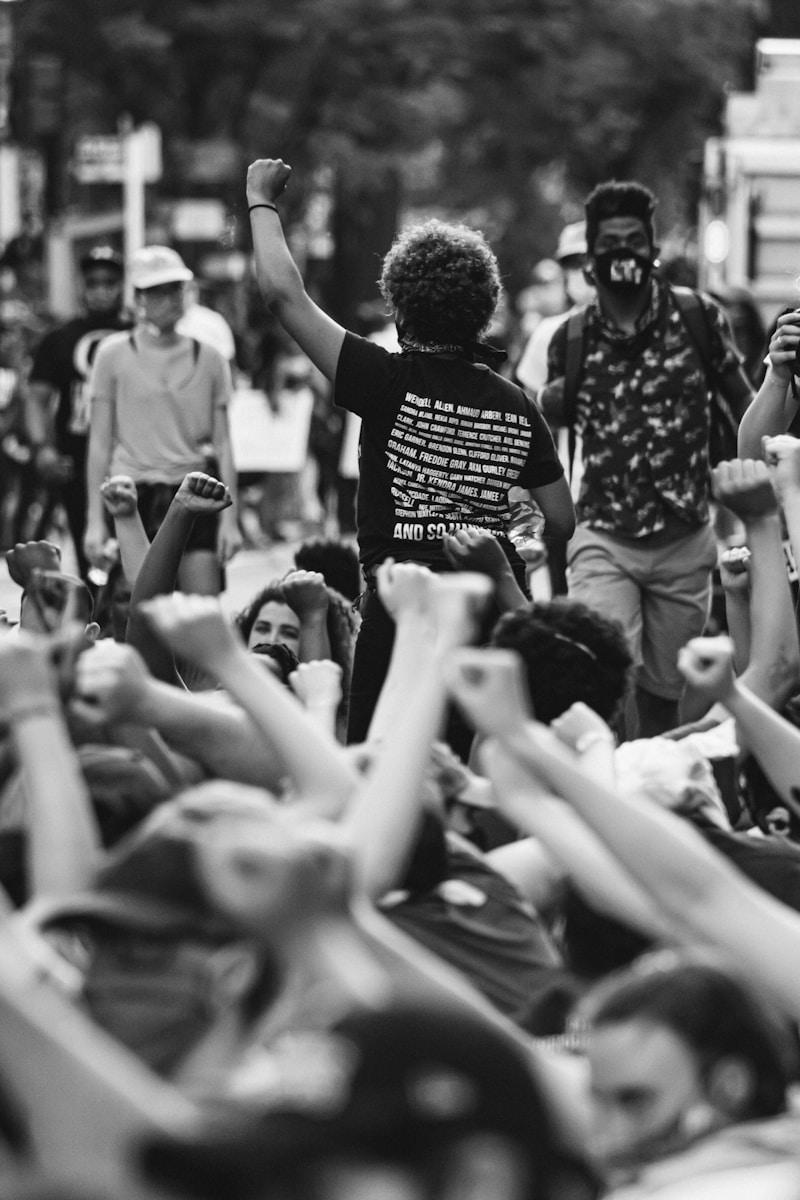Key Takeaways
• Republican leaders have slammed the No Kings rallies as “hate-America” events
• Critics falsely tie the No Kings rallies to extremists and foreign agendas
• Organizers vow that October 18 protests will be peaceful and massive
• Earlier June marches drew about five million people nationwide
• Demonstrations target abuse of power and seek government accountability
No Kings Rallies Face Strong Political Attacks
Several top Republicans have criticized the upcoming No Kings rallies scheduled for October 18. Speaker Mike Johnson called them “a hate-America rally.” He claimed that Antifa, pro-Hamas supporters, and Marxists will swarm the National Mall. Moreover, Johnson said some Democrats even sell event t-shirts to back the cause. He labeled the gathering “outrageous.”
Meanwhile, Representative Tom Emmer accused Democrats of stalling a government funding vote to appease a “terrorist wing” that plans a hate march. Senator Roger Marshall went further. On a Newsmax interview, he called the No Kings rallies a “Soros paid-for protest” run by “professional agitators.” He warned of a possible National Guard deployment, mirroring past troop moves in Chicago and Memphis. He doubted a peaceful outcome.
Former congressman Joe Walsh, who left the GOP over its failure to censure Donald Trump, condemned these attacks. He wrote that branding marchers as terrorists is “despicable” and “shameful.” His post on social media criticized the party’s turn toward labeling any opposition as extremist.
Why No Kings Rallies Draw Criticism
Some lawmakers see the No Kings rallies as a threat to national unity. They cite past protests that turned violent elsewhere. However, these claims clash with the facts. Organizers point out that prior marches stayed peaceful. In June, crowds across over 2,100 cities and towns marched without major incidents. They drew an estimated five million people demanding checks on presidential power.
Organizers Promise Peaceful Protest
Ezra Levin, cofounder of the progressive group Indivisible, one of the rally’s backers, promised a huge but peaceful turnout. He said on Thursday that October 18 could become the largest peaceful protest in modern U.S. history. Levin rejected accusations that his group funds violent riots. He insisted that critics can lie, smear, or threaten all they want. In his words, “They will lose.”
Indivisible and other groups planning the No Kings rallies stress clear rules. They ban weapons, hate symbols, and masks. They also offer training sessions on peaceful demonstration. Volunteers will patrol crowd zones to resolve any conflicts swiftly.
History of the No Kings Rallies
The No Kings rallies began in response to what organizers call a “gross abuse of power” by the Trump administration. The phrase “No Kings” refers to the idea that no leader should rule without checks and balances. The first nationwide events in June set a record. They connected rural towns, big cities, and suburbs. Their message united people worried about unchecked executive authority.
Since then, the movement has grown. Local chapters organize town halls, phone banks, and art projects. They invite speakers from both parties to discuss government transparency. As a result, the No Kings rallies have become more than protests. They serve as school civics lessons, community fundraisers, and platforms for local voices.
What to Expect on October 18
On the day of the No Kings rallies, events will kick off around noon in every time zone. Organizers advise arriving early for safety briefings. In Washington, D.C., the main gathering will span the National Mall. Elsewhere, smaller marches will fill city squares and town parks.
Speakers will include civil rights leaders, grassroots organizers, and everyday citizens sharing personal stories. Music acts and street performers will keep energy high. Food trucks and health stations will line the paths. Medical volunteers will handle minor issues, while legal teams stand by in case of arrests.
Security will involve cooperation with local police. However, the emphasis remains on community-based safety. Marshals recruited from local advocacy groups will wear identifiable vests. They aim to de-escalate tensions and report trouble spots. Participants must pass through checkpoints. Organizers stress that nonviolent action and respect for all are central to the mission.
Looking Ahead: Will It Remain Peaceful?
Despite warnings from some lawmakers, experts say the No Kings rallies have strong safeguards. The movement’s leaders have repeatedly called for calm and order. They cite past success in organizing peaceful events on a vast scale. Moreover, they argue that demonizing protesters will only fuel turnout and solidarity.
If the October 18 rallies stay peaceful, they could set a new standard for modern protests. They may pressure legislators to address issues like executive overreach, campaign finance, and civil liberties. Alternatively, if conflicts arise, critics will point to those incidents as proof of danger. The week after the marches will likely tell us how both sides shape the narrative.
In a polarized climate, the No Kings rallies represent both hope and contention. They remind Americans that the right to assemble remains a vital part of democracy. Whether these events will spark lasting change or deepen divisions depends on how politicians and participants handle the aftermath.
Frequently Asked Questions
What are the No Kings rallies about?
They are nationwide peaceful protests against what organizers call abuse of executive power. The goal is to demand checks and balances.
Who is behind the No Kings rallies?
Progressive groups like Indivisible and local community teams organize these events. They work with volunteers and civil rights leaders.
Have past No Kings rallies been peaceful?
Yes. The June marches spanned over 2,100 cities and towns with minimal incidents and drew about five million people.
Why do some Republicans oppose the No Kings rallies?
Certain leaders claim these protests harbor extremists or foreign interests. They label them as hate-America events without evidence.
